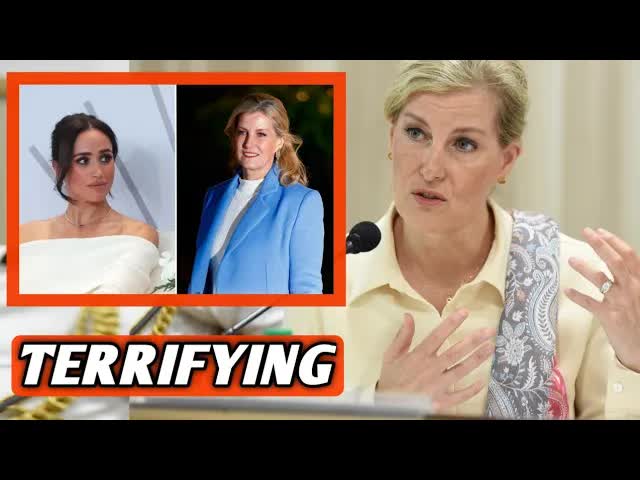In a candid revelation, Prince Harry has disclosed that he sought a private meeting with his father, King Charles, and brother, Prince William, during his visit to the UK for Prince Philip‘s funeral in April 2021.
This significant moment is highlighted in his memoir, “Spare,” where he reflects on the complexities of family dynamics amidst a backdrop of royal duty and personal turmoil.
This trip marked Harry’s first return to England since he and Meghan Markle stepped back from their royal roles and relocated to the United States.
It was also the first occasion he had seen his family following the explosive interview with Oprah Winfrey, where he and Meghan opened up about their struggles within the royal fold and the reasons behind their departure.
In his book, published in January 2023, Harry expressed feelings of anxiety while waiting for his family to arrive.
He even feared that they might have decided against the meeting altogether.
The weight of anticipation hung heavily in the air as he prepared for what could be a pivotal conversation.
Harry described the moment he spotted his father and brother approaching him, noting their grim expressions that felt almost intimidating.
He recounted offering a tentative smile, which went unreturned, leaving him feeling exposed and vulnerable.
In these tense moments, he found himself reflecting on his late mother, Princess Diana, wishing for her presence to bolster his courage.
When the three finally came face to face, Harry recounted the cold greeting he received.
Instead of warmth, he was met with a solitary, unenthusiastic “Harold,” a name that seemed to encapsulate the distance between them.
Observing their united front, he noted that they appeared more like allies than the bickering siblings he remembered.
As he stood there, a mix of emotions flooded over him.
Was this a reconciliation, or were they preparing for a confrontation?
He took a deep breath, reminding himself to stay calm amidst the rising tension in his chest.
This moment felt reminiscent of other challenging times in his life—walking behind his mother’s coffin, facing battle for the first time, and delivering speeches under duress.
Harry’s memoir delves deeper into his complex relationship with his father, revealing a lingering resentment towards the nickname “Spare,” which he claims was used by Charles shortly after his birth.
The moniker symbolizes the perceived hierarchy within the royal family, a theme that resonates throughout his narrative.
The emotional weight of these encounters paints a vivid picture of a family grappling with its legacy and the pressures of public scrutiny.
Harry’s reflections offer a glimpse into the inner workings of a world often seen through a glamorous lens, yet filled with its own struggles and heartaches.
Kensington Palace has been approached for comments regarding Harry’s revelations, but the silence from the royal household speaks volumes.
As the story unfolds, it raises questions about the future of the royal family and the potential for healing within its ranks.
Through his memoir, Harry invites readers into his journey, exploring themes of identity, familial bonds, and the quest for understanding.
His experiences resonate with anyone who has faced the challenges of family dynamics, making his story both personal and universally relatable.
With each page, Harry sheds light on the intricacies of royal life, revealing that beneath the surface, the ties that bind can also create deep divisions.
His candidness not only captures the attention of the public but also sparks conversations about mental health, vulnerability, and the importance of open dialogue within families.
As the dust settles from these revelations, the world watches closely, eager to see how this narrative will evolve and what it means for the future of the British monarchy.










